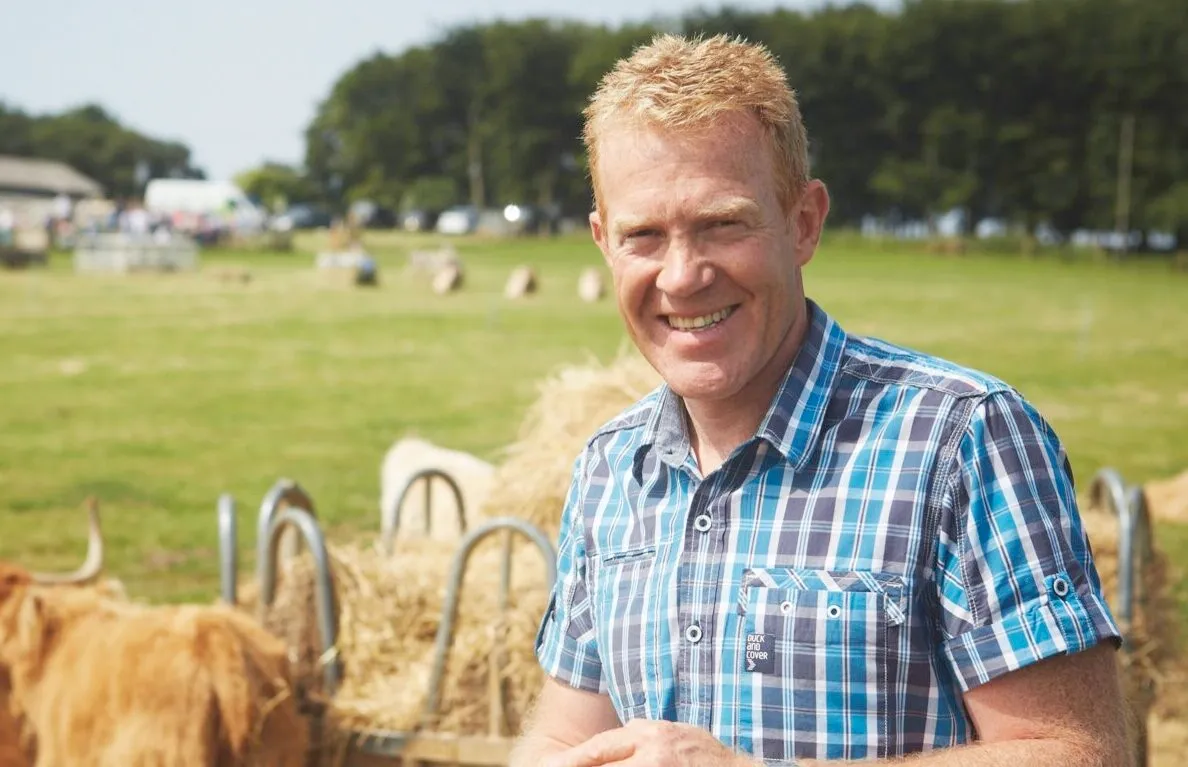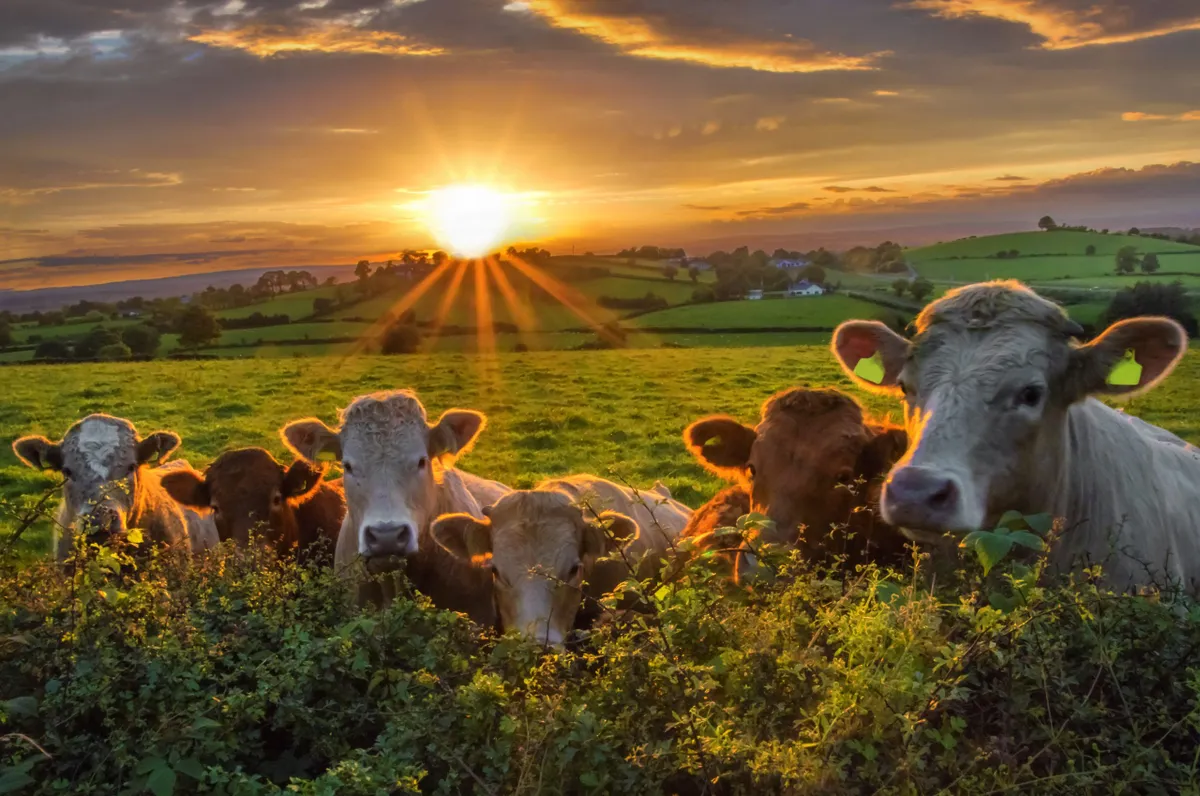Buying the Sunday joint isn’t as easy as it used to be. Gone are the days when we left it to the butcher to choose a leg of lamb or a piece of topside to feed the family.
Today we have lots to consider at the meat counter. Do we want organic or free-range? Grass-fed or grain-fed? Outdoor-bred or outdoor-reared?

However, in the future the choice might be as simple as, real meat or lab-grown? It sounds like the stuff of science fiction but meat grown in a laboratory is a reality. In fact, some newspaper reports suggest that within two years, lab-grown meat will be on the menu in British restaurants. If you find that hard to swallow, then chew on this: the first beef burger grown in a Petri dish was produced in the Netherlands in 2013 and since then a huge amount of time, effort and money has been spent on perfecting the technique.
There’s no denying that the science is impressive; farmers are replaced by technicians who grow food from cells obtained from the animal. The cells go in to a bioreactor where a chemical process produces new tissue.
Despite the technological advances and optimism from the companies involved, I think the vast majority of British consumers are unaware that so-called ‘cultivated’ meat could be so close to becoming a commercial viability. And, of course, public acceptance will be the ultimate test.
Moral and ethical issues of lab-grown meat
We’ve got used to meat-free burgers and vegan sausage rolls. But lab-grown meat takes the idea of alternative sources of protein to a whole new level, and it’s a development that splits opinion right down the middle. For every supporter who argues that ‘farm-free’ meat is greener and cleaner, there’s an equally loud voice warning of ‘Frankenstein food’.
I’ve never eaten lab-grown meat but there is an exclusive ‘club’ of people who have, including biologist and science presenter Liz Bonnin. In a film made in 2019, she visited a tech firm in San Francisco where she reluctantly agreed to taste-test a piece of meat developed from the cells of a chicken feather. A chunk of white-coloured meat was covered in breadcrumbs, deep-fried and served with a dipping sauce. “It looks like chicken nugget and it smells like chicken nugget,” was Liz’s surprised reaction. And her verdict on the taste? “I wouldn’t know the difference.”
I admire Liz’s sincerity but putting the flavour of lab-grown chicken to one side, there’s an array of moral and ethical issues we need to face up to first. Can it be called meat? What are the consequences for farmers who produce British beef, lamb, chicken and pork? What would our countryside look like if it became void of grazing animals? And that’s before we consider the knock-on effect for people whose livelihoods depend on the livestock industry. Then there’s the vital matter of transparency.

I’ve spent years promoting trust and traceability in the food sector and I’m passionate about the customer’s right to know what they’re eating and where it comes from. I’m on the advisory board of an organisation called Happerley, which is all about food provenance; we’ve had great success in raising awareness of honest labelling and accurate product information. But what role will there be for our work when the supply chain doesn’t involve fields, farms and butchers? So many questions and so little time for answers.
